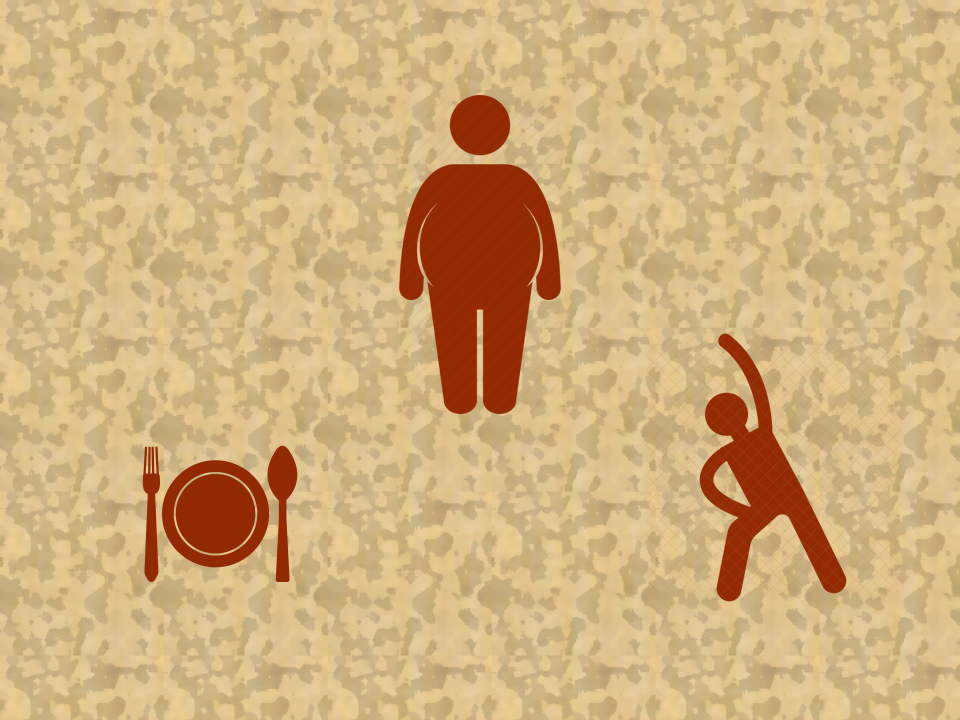Pick Up
1309. Relationship Between Economic Development Level and Energy Consumption/Obesity

1309. Relationship Between Economic Development Level and Energy Consumption/Obesity
Economic development worldwide is associated with the prevalence of obesity and related health problems. Obesity is a leading cause of mortality and morbidity worldwide. The causes of the modern obesity crisis remain a topic of debate in public health research, but appear to be related to economic development.
For example, obesity was rare in the United States in the 1800s, and while it remains rare in traditional farming/foraging societies today, it has become common among most industrialized populations over the past century. Essentially, weight gain results from ingesting and absorbing more calories than are expended. Public health agencies typically attribute this disparity to both a decline in physical activity energy expenditure and dietary changes that promote overconsumption, but assessing the relative contributions of intake and expenditure has proven difficult. Populations in industrialized societies are much less physically active than traditional farming and gathering communities, and with economic development over the past few decades, daily physical activity in industrialized societies has declined. Both increased caloric intake and decreased energy expenditure have been cited as contributing factors to the development-related obesity crisis, but their relative importance remains to be elucidated.
A study published in the journal PNAS looked at energy expenditure and two indicators of obesity (percentage of body fat and BMI) in 4,213 adults from 34 populations across six continents, belonging to diverse lifestyles and economies, including hunter-gatherers, pastoralists, agriculturalists, and residents of industrialized societies. Economic development was positively correlated with increases in weight, BMI, and body fat, and also with increases in total energy expenditure, basal energy expenditure, and activity energy expenditure. On the other hand, body size-adjusted total energy expenditure and basal energy expenditure varied widely among populations and did not correspond closely to lifestyle. Body size-adjusted total energy expenditure was negatively correlated with obesity, but the correlation was weak and was approximately one-tenth of the increase in body fat percentage and BMI associated with economic development. In contrast, estimated energy intake was higher in economically developed populations, and the proportion of ultra-processed foods in the diet was associated with body fat percentage. This suggests that dietary intake plays a much larger role than the decrease in energy expenditure in obesity associated with economic development.
In its conclusion, the paper states that the central role of diet in the global obesity crisis should not be overlooked in efforts to promote physical activity. Regular physical activity has well-documented health benefits ranging from reduced total and cardiovascular mortality to improved mental health, and is an essential component of a healthy lifestyle. Diet and physical activity should be seen as essential and complementary, not mutually exclusive.
The results of this study highlight the need to identify the factors that make foods obesogenic in developed countries. On the other hand, the impact of economic development and the introduction of modern food systems is not all negative. Current global production and supply networks ensure that affordable foods and food ingredients are available to almost everyone on the planet. Efforts to track and prevent obesity can be improved by using indicators of body fat rather than BMI and by focusing on dietary intake rather than expenditure. Regulating the food environment to maximize the benefits of increased calorie availability without promoting nutrient-poor, obesogenic diets is a major public health challenge that will become more acute as global economic development continues.
(Reference)
Amanda McGrosky, et al. Energy expenditure and obesity across the economic spectrum, PNAS.
July 14, 2025. 122 (29) e2420902122. https://doi.org/10.1073/pnas.2420902122
Catherine Offord, New study blames diet, not physical inactivity, for obesity crisis, Science. doi: 10.1126/science.z9i2b0l
Contributor: IIYAMA Miyuki, Information Program
